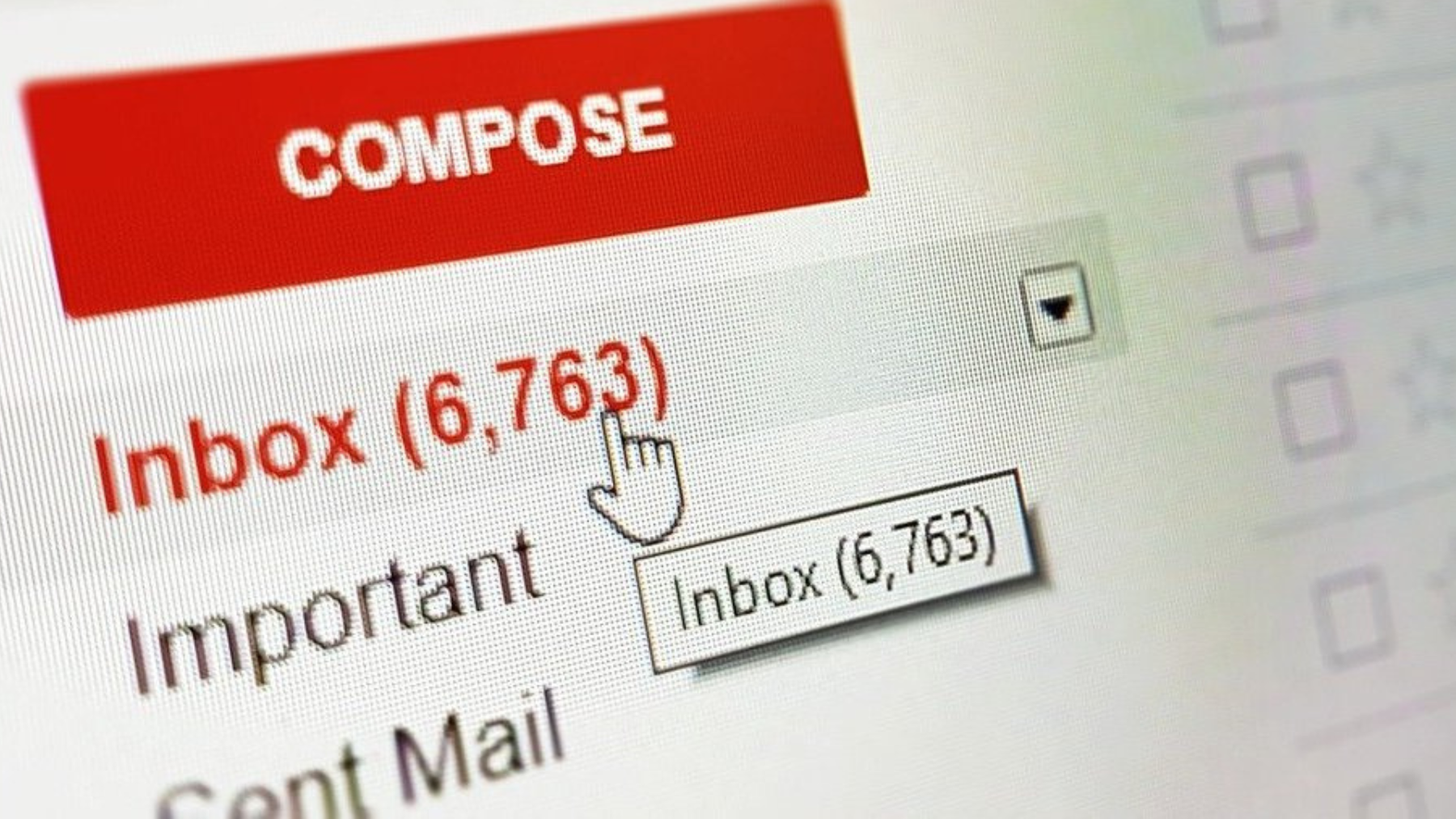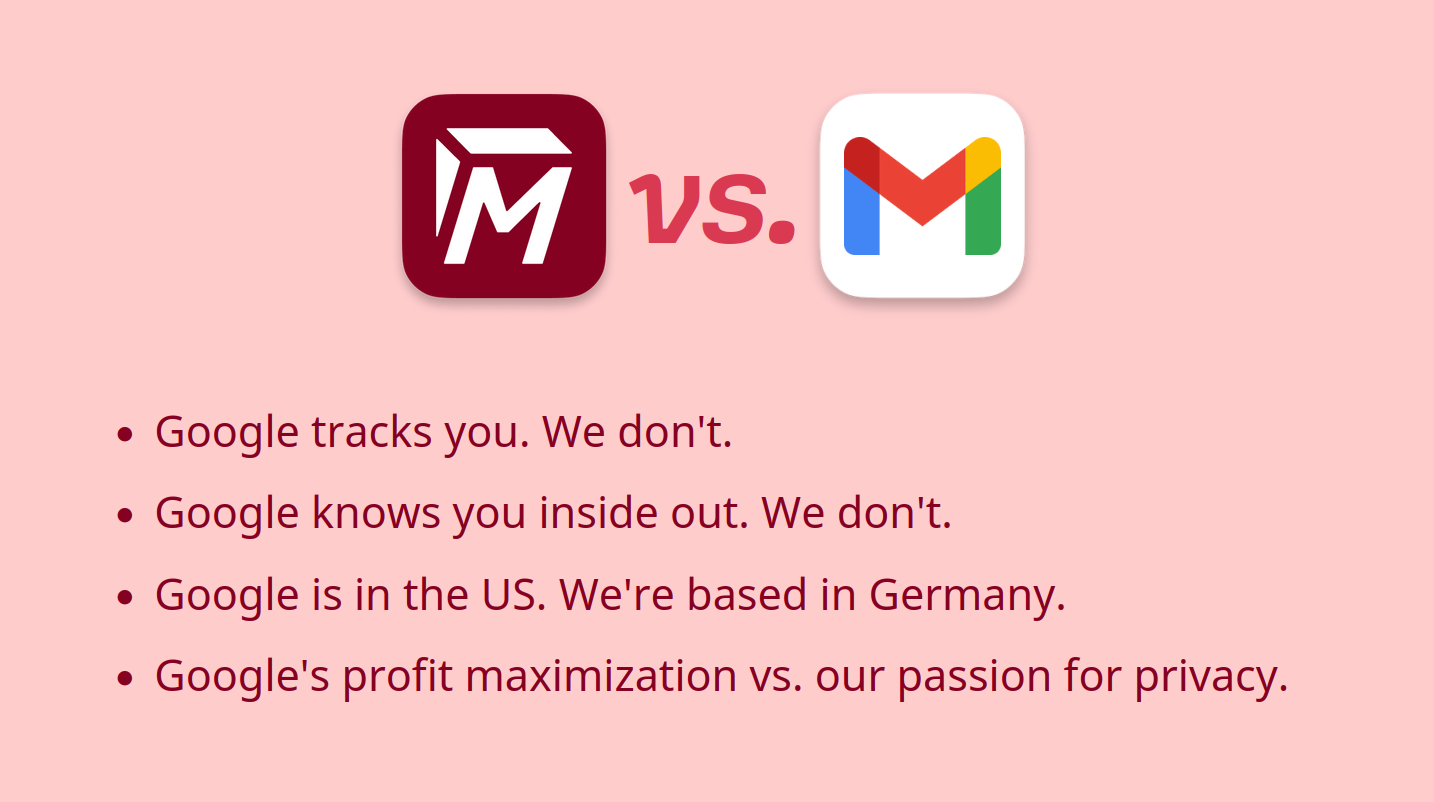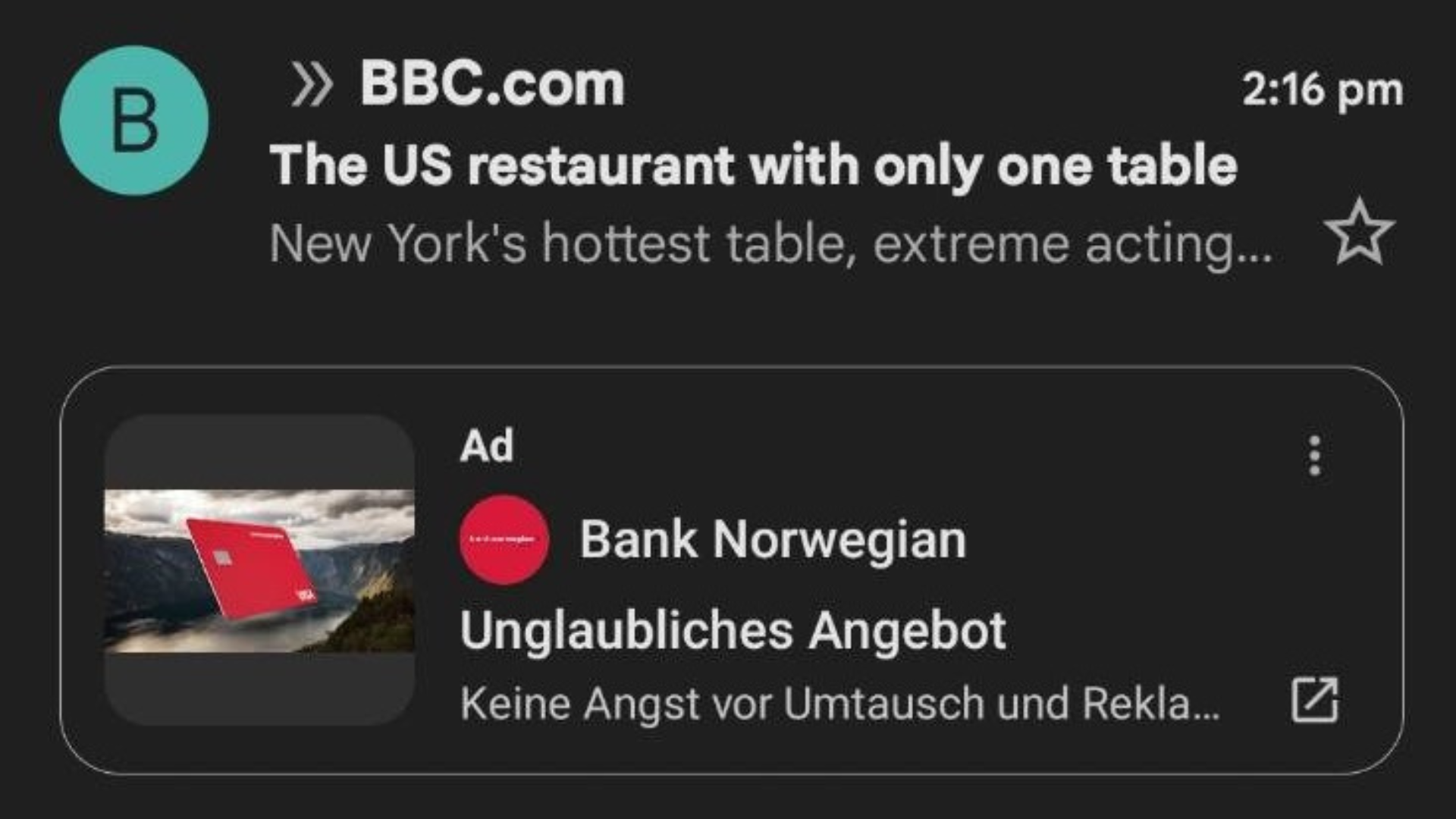Google has to pay a record fine of €325 million in France for its annoying ads
Google violated your privacy by displaying ads in Gmail users' mailboxes and for placing cookies during account creation, both without consent.
Gmail is putting ads in the middle of user’s inboxes. While this is annoying, another practice has raised the interest of French data protection officers: The way Google makes users consent to cookies for personalized ads is in conflict with French data protection laws.
Of course, we all know that Google is making its money with advertisements and that’s why Gmail is free. But is it worth being bombarded with personalized ads in your personal inbox just to use free email? Whether this is legal or not - why bend over backwards to escape Gmail ads when you can migrate to Tuta Mail? Just saying… But let’s go back to the story at hand!
The issued 325 million euros fine is the highest fine in the history of French data protection enforcer CNIL. The issue is that Google did not ask for users’ consent for downloading cookies when they set up a Gmail account. Then, the tech giant displayed ads in the Gmail inbox and personalized these ads with the help of the previously downloaded cookies.
This case is a big win for privacy, and it shows that Big Tech needs to be held accountable for their actions - otherwise tech giants like Google will continue to abuse your privacy.
Why Gmail ads are annoying
Imagine scrolling through your inbox, trying to find an important email, only to be interrupted by intrusive ads scattered between your messages. This frustrating experience is a reality for Gmail users, as ads served in the middle of their inbox disrupt the flow of communication. While workarounds for ad-blocking exist and people have been exchanging useful tips on forums, the simplest and most effective solution is to switch to an ad-free email provider like Tuta Mail. Let’s delve into why inbox ads are a nuisance and why it’s time to choose privacy and security above all else.
Just email - without the noise
Emails are essential tools for communication, both in a personal and a business context. However, the insertion of ads in Gmail within the inbox undermines the purpose of emails and hinders productivity. What most people are looking for in an email service is email that just works - without any noise or distraction.
Here are a few reasons why inbox ads are a terrible idea (and why we at Tuta would never do something like this):
-
Interruption and distraction: Ads randomly appearing in the middle of your inbox disrupt your workflow and draw attention away from the task at hand. Instead of focusing on important emails, you find yourself sidetracked by irrelevant and often intrusive advertisements.
-
Lack of relevance: Inbox ads are typically based on algorithms and data mining, attempting to target you with personalized content. However, this approach often results in placing too many similar ads that are no longer relevant to your needs or interests, creating frustration.
-
Privacy concerns: The presence of targeted ads is a privacy problem - that’s why we at Tuta opposes targeted ads altogether. The scanning of emails and personal information to serve tailored advertisements compromises the confidentiality of communication. Not only that, but it’s extra creepy when the ads seem to use information that you didn’t allow access to, like your location.
Data collection and user profiling


Google’s business model relies heavily on gathering user data to offer personalized services. The email data Google has access to, combined with information from other Google services and external sources, helps build a comprehensive profile of each user. This profile is used to serve targeted advertisements tailored to your interests and preferences.
Find out what data Google collects about you - and then, switch to Tuta, the privacy-first Gmail alternative.
Targeted advertising
One of the ways Google monetizes Gmail (in other words: makes money with the free email offering) is by displaying targeted ads within the interface. These ads are strategically placed between your regular emails, making them hard to ignore. They are carefully selected based on information collected about you. For example, if you frequently search for content about fitness or shop for fitness-related products, you might notice ads related to fitness equipment or health products. This level of personalization aims to increase the likelihood of ad engagement and conversion.
However, the tracking can also be much more subtle – and kind of scary: For instance, if you meet a friend who just had a baby (who obviously searches a lot for baby-related stuff) with your and their Android phones switched on when you meet, you might then see ads of baby presents and similar items; even though you yourself never searched for baby-related things.
Privacy concerns
While personalized ads may seem convenient, they raise significant privacy concerns. As a Gmail user, you may feel uneasy knowing that your private communications and even Google calendar data are being scanned and analyzed, even if Google has promised not to use this information for advertising purposes.
The content of emails can reveal sensitive information such as personal conversations, financial details, or health-related matters.
Protect your privacy
If you are among the increasing number of people concerned about their privacy, alternatives to Gmail exist - and lots of them put your privacy and data protection first. Email providers like Tuta Mail offer end-to-end encryption, ensuring that only the intended recipients can read your emails or calendar events. Even better, Tuta’s quantum-safe encryption works frictionless in the email and calendar app.
When annoyed by Google’s invasive ads, start by deleting your Gmail account and choose privacy.
Together we can create a better web!




